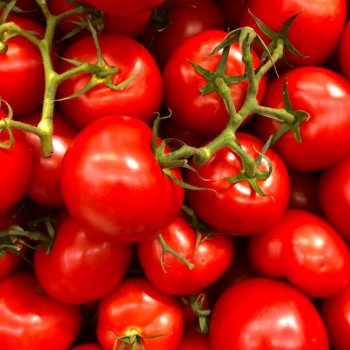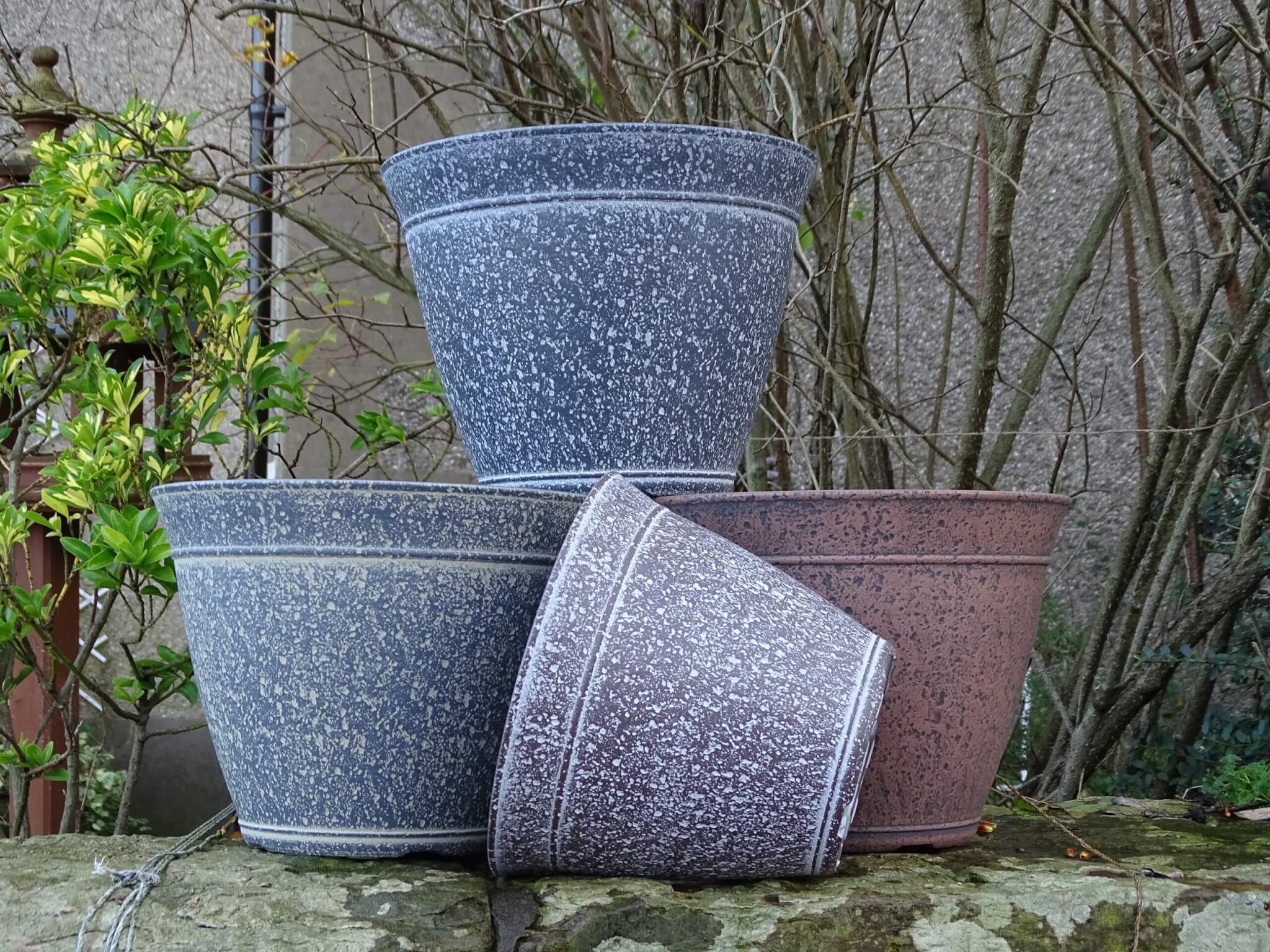Tomato virus alert for importers, packers, and producers

The virus is extremely resistant and can be transmitted by seeds and plants, by tomatoes which can themselves carry the virus, or by human activity – handling, use of contaminated material.
12 March 2020
The Department of Agriculture, Food and the Marine (DAFM) has released a trader notice warning all operators importing, packing, and producing tomatoes of the Tomato Brown Rugose Fruit Virus (TBRFV).
The Ministry of Agriculture in France has confirmed that TBRFV was identified in two tomato greenhouses on a farm in Finistère, according the the notice.
The plants originated in the UK but were produced from seeds from the Netherlands. Three other farms have been identified as having received the same type of plants and are therefore placed under surveillance.
Symptoms to look out for include chlorosis of leaves, mosaic, and mottling, with leaf narrowing; necrotic spots which may appear on peduncles, calyces, and petioles; fruit which shows yellow or brown spots, with rugose symptoms rendering the fruits non-marketable; deformed fruits which may irregular maturation.
The trader notice says the TBRFV is not transmissible to humans but its economic impact is major: it can infect up to 100% of plants on a tomato, pepper, and chili production site, which makes it formidable for crops with high planting density such as greenhouse crops.
The virus is extremely resistant and can be transmitted by seeds and plants, by tomatoes which can themselves carry the virus, or by human activity – handling, use of contaminated material.
This virus was first observed in Israel, in 2014; on tomato crops in Mexico, the US, Germany, and Italy, in 2018; and finally in the Netherlands, the UK, and Greece, in 2019 according to the notice.
DAFM is calling on all importers, packers, producers, and amateur gardeners to be extremely vigilant:
- When purchasing tomato, chili, or pepper seeds or plants, make sure that they are accompanied by a phytosanitary certificate or plant passport guaranteeing their virus-free status.
- Biosecurity measures must be strictly applied on any farm to prevent any introduction and spread of the virus on the territory: systematic cleaning-disinfection of the hands after handling the plants, seeds, or fruits of tomatoes, peppers or peppers (sic) on the farm; the material and clothing and work equipment must be specifically dedicated to the handling of sensitive plants.
- Early detection of any introduction of the virus into the territory is crucial to stem its spread: in the event of symptoms suggestive, any importer, producer, or professional or amateur gardener, is required to report immediately to DAFM.
In the event that you have any queries in relation to this matter or wish to report suspected findings, contact DAFM by emailing plantandpests@agriculture.gov.ie or alternatively by tel: (01)-505-8885.



 Print
Print









Fans 0
Followers